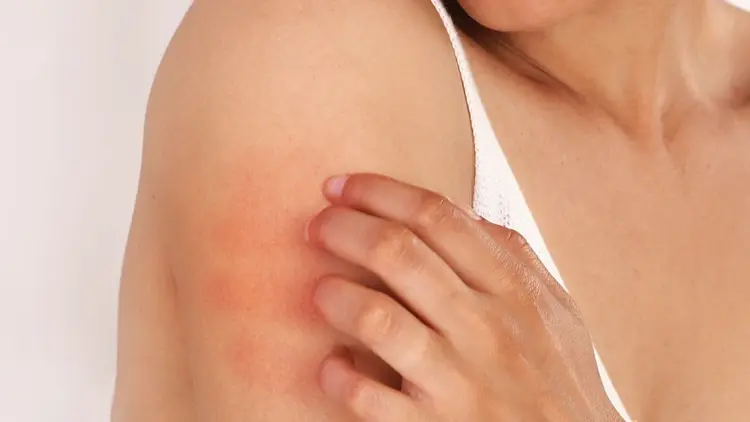Skin Allergy Testing in Dubai
Skin allergies can cause persistent itching, redness, swelling, and irritation, often without a clear cause. At Dr. Rami Hamed Center (DRHC) in Dubai, we provide advanced skin allergy testing in Dubai to help identify the triggers behind allergic reactions. Our expert dermatologists use modern, reliable methods to diagnose and manage allergies effectively, helping patients enjoy a more comfortable, symptom-free life.
Understanding Skin Allergies
A skin allergy occurs when the immune system overreacts to a normally harmless substance, leading to symptoms such as redness, rash, itching, or swelling. Common triggers include cosmetics, perfumes, metals, certain foods, medications, and environmental allergens like dust or pollen.
Identifying the specific allergen is key to preventing future reactions, and professional testing plays a vital role in this process.
Why Skin Allergy Testing is Important
- Accurately identifies triggers of allergic reactions
- Helps personalize treatment and prevention strategies
- Reduces the frequency and severity of allergic outbreaks
- Improves quality of life by avoiding exposure to irritants
What to Expect During a Skin Allergy Test
During your visit, our dermatologist will review your medical history and symptoms to determine the best testing approach.
- The test area is prepared and examined.
- The skin is exposed to controlled allergens under medical supervision.
- Any reactions are observed to identify potential triggers.
The procedure is safe, simple, and causes only mild discomfort for most patients.
After the Test – Treatment & Management
Once your test results identify the allergens, your dermatologist will recommend an individualized management plan. This may include:
- Avoiding identified allergens (cosmetics, foods, or materials)
- Medications to control symptoms
- Desensitization therapy for chronic or severe allergy cases
- Skin care routines to prevent flare-ups and maintain a healthy barrier
Why Choose DRHC for Skin Allergy Testing in Dubai?
- Experienced dermatologists with expertise in allergy diagnosis
- Comprehensive skin allergy testing in Dubai
- Accurate identification of allergens for targeted treatment
- State-of-the-art dermatology facilities in Dubai Healthcare City
- Patient-centered approach focusing on long-term relief




.png?width=281&height=59&name=bookanappointment%20(1).png)




